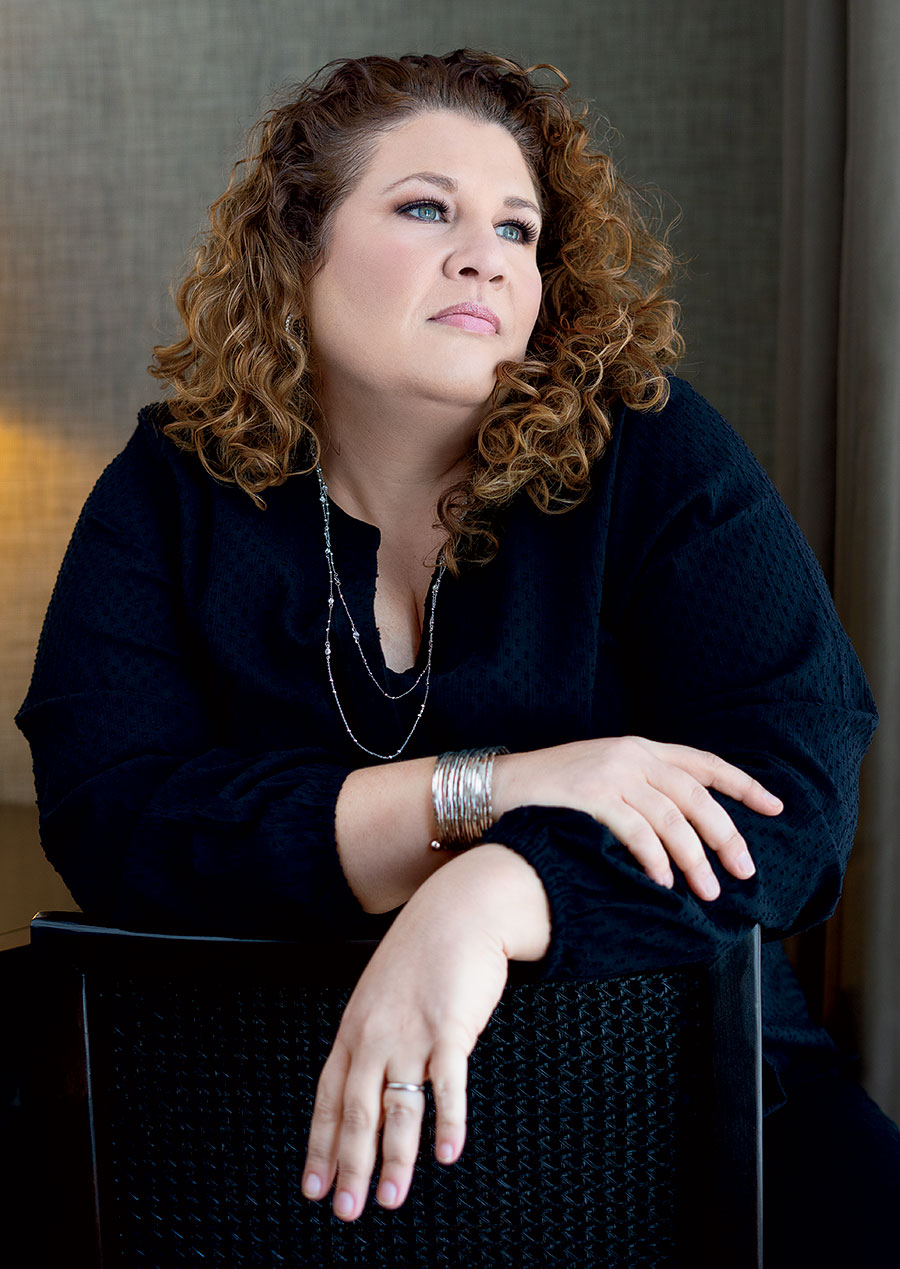Sidelined is both a memoir and a reported look at the mistreatment of women in sports media — from fans, coworkers, and athletes. What surprised you while working on it?
I put out a call on Twitter that was like, “Hey, if you’ve been harassed or if you’ve had #MeToo experiences and you work in sports media …” The number of higher-profile women who reached out to me was surprising. A lot of times we look at the women we see on TV or hear on the radio, and we think, “I bet nobody messes with that person — look at her walking in there like a boss.” What I found out is that it doesn’t matter.
The online harassment you’ve faced is not just mean. It’s scary. Why was it important to you to detail it so explicitly?
I don’t know that people necessarily know what we’re talking about when we say “online harassment.” Like, “Your opinion is stupid” — I don’t care about that. You can call me dumb all day long. It’s public record searches to see what they can figure out about where I live or what school district my kids are in. It’s violent, graphic images that will send you to a therapist. There’s been a bunch of studies showing that women and men are harassed in very different ways. Men get, “You suck at your job,” while women get, “I’m gonna kill you and rape your corpse in front of your kids.” And it’s not OK.
You’ve said that on-the-job abuse is amplified in sports media. Why is that?
There are very few women; there are very few people of color. It’s a breeding ground for misogyny and sexism and homophobia and racism. It seems like in other forms of media, people take diversity and equity and inclusion more seriously. Otherwise, you wouldn’t see [sports outlets] that have no women on staff. Sports media should reflect the fan base. And it just doesn’t.
You repeatedly note that NFL fans are 50 percent women. Why is that an important stat?
No matter what sports radio station you’re at, they’ll say, “Our demographic are guys 18 to 54.” But then everyone’s also talking about, “How do we grow our audience?” What about all the women out there who don’t listen to sports talk radio because they don’t feel welcome? It just seems like a huge disconnect to me. I would think that if you look at Chicago, you would want to put a lineup on that reflects, demographically, that fan base. It’s not just a few women who like to hang out with the guys and do fantasy football.




Comments are closed.